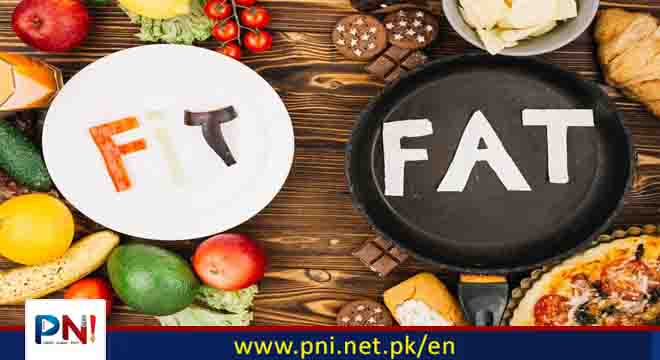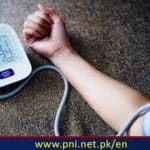Islamabad, Pakistan – October 16: For ensuring good health and quality life, it is important to follow healthy practices. One of the contributors to unhealthy lifestyle is use of Trans-fatty acids, which is commonly found in most brands of banaspati ghee, cooking oils, bakery shortenings, bakery ware, processed foods, and several types of snacks such as chocolates, ice-creams, biscuits, etc. This has long been a silent contributor to Pakistan’s burgeoning health crisis. The TRANSFORM Pakistan coalition believes that stricter regulations on industrially produced trans-fatty acids (iTFAs) content in food products can play a pivotal role in saving lives and enhancing the overall health of the Pakistani nation.
According to recent data an estimated $2640 million was expended on diabetes management only in 2021 in Pakistan. Similarly, if iTFAs are not effectively regulated with other policy actions like reduction in the consumption of sugar and salt in the diet, 62 million Pakistanis are projected to be living with diabetes by 2045. According to the World Health Organization (WHO), high iTFA intake is linked to the huge burden of cardiovascular and other non-communicable diseases (NCDs) in Pakistan. Alarmingly, Pakistan is among the top countries with the highest iTFA-induced mortality rates.
On this World Food Day, the TRANSFORM Pakistan coalition, comprising the Pakistan Youth Change Advocates (PYCA), Center for Peace and Development Initiatives (CPDI), Ministry of National Health Services Regulations and Coordination (MoNHSRC), Global Health Advocacy Incubator (GHA), Heart File, and other partners, came together to spotlight the regulation of industrially produced trans-fatty acids (iTFAs) in dietary sources.
“Recent years have seen some welcome progress. For instance, in 2023, the Pakistan Quality and Standards Control Authority (PSQCA) has placed a mandatory limit of 2 per cent on some major food items including banaspati ghee. However, many food sources still remain uncovered and that is where the challenge lies,” stated Afshar Iqbal, spokesperson for PYCA.
The TRANSFORM Pakistan coalition is calling upon the PSQCA and food authorities to take swift action in setting limits of iTFAs to no more than 2 percent in all foods across Pakistan. They highlight the successful implementation of similar policies in other countries, such as Denmark, where iTFAs were virtually reduced from food products, resulting in a significant decline in heart diseases.
Mr. Mukhtar Ahmed, Executive Director of CPDI, stated, “We believe that transparency in labeling, monitoring, and public awareness campaigns are key elements to the success of such regulations. The food industry should embrace healthier alternatives for the benefit of all Pakistanis.” Adding to this point, Dr. Saba Amjad representing Heartfile shared, “Reducing iTFAs in all dietary sources including raw materials used for preparing finished food products is an essential step towards reducing the prevalence of heart disease, which currently affects millions of Pakistanis.”
The Ministry of National Health Services Regulations and Coordination (MoNHSRC) is committed to spearheading these efforts. Dr. Khawaja Masuood Ahmed, National Coordinator, Nutrition and National Fortification Alliance at MoNHSRC’s, stated, “Regulating iTFAs aligns with our mission to improve public health. We are working closely with the coalition, PSQCA and Food Authorities to develop best practice policies that will help Pakistan reduce the iTFA content in all food products while ensuring access to healthier options.”
Global Health Advocacy Incubator (GHAI) along with other global partners is providing technical expertise and global best practices to help Pakistan address this public health concern. “We stand united in our commitment to ensure a healthier future for the children and youth of Pakistan,” said Mr. Munawar Hussain, Country Coordinator at GHAI.
The TRANSFORM Pakistan coalition calls upon policymakers to take swift actions for the ensuring that iTFAs make up no more than 2% of the total fat in all food items across the country. As we celebrate World Food Day, we must remember that the food we consume plays a critical role in shaping our health and well-being. The time for action is now, for the health of our nation and future generations, the statement read.
Follow the PNI Facebook page for the latest news and updates.








